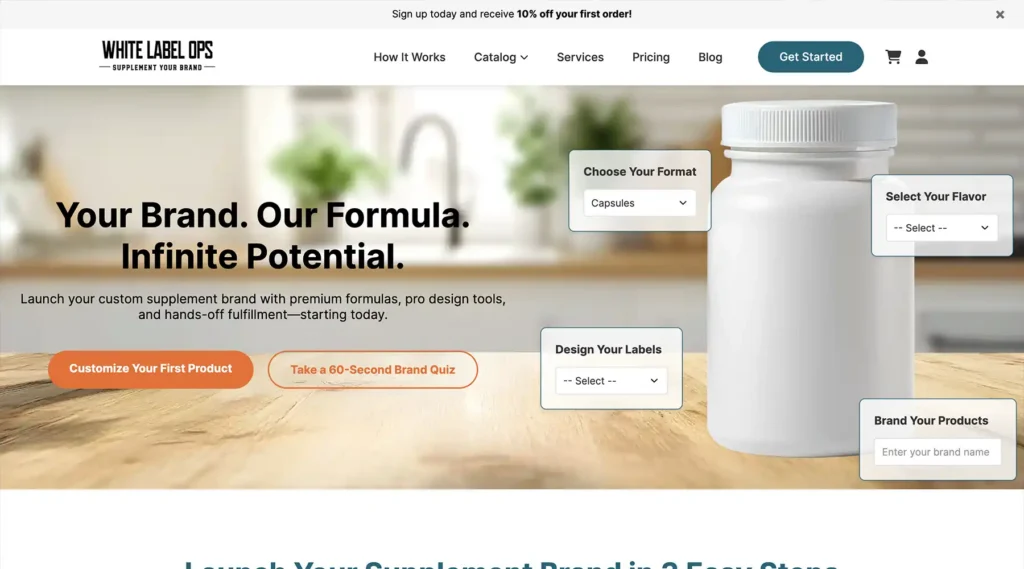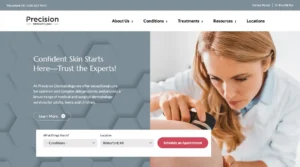
Lead Generation That Delivers Quality Prospects, Not Just Numbers
At EGO Creative Marketing, we go beyond collecting names and emails. Our lead generation process is built on personalized strategies that attract high-quality prospects, engage them meaningfully, and convert them into loyal customers — helping you maximize ROI and build long-term relationships.
What You Get
Comprehensive deliverables designed to drive results
Targeted Lead Acquisition
Attract leads that are most likely to convert by focusing on your ideal customer profile.
Lead Qualification Process
Multiple review gates to ensure only the highest-quality leads are passed on to your sales team.
Buyer Persona Development
Continually refine your target audience profiles based on shifting market trends.
Relationship Building
Strategies to nurture and maintain strong, long-term connections with prospects.
Retargeting Campaigns
Re-engage cold leads with relevant, timely messaging tied to seasonal and market changes.
ROI-Driven Strategies
Customized approaches designed to generate measurable results and boost your bottom line.
Tech & Integrations
Built with the tools and platforms you trust

Our Lead Generation Process
Combining human insight with proven strategies to convert interest into action.
Consultation & Goal Setting
Understand your business objectives, target market, and unique selling points.
Audience Profiling
Build detailed buyer personas for laser-focused targeting.
Campaign Creation
Design tailored outreach and inbound strategies to attract qualified leads.
Lead Qualification
Use multi-stage filtering to ensure leads meet your quality standards.
Nurturing & Retargeting
Maintain communication with prospects until they’re ready to buy.
Solutions We Deliver
Related solutions that complement this service

Why Choose EGO for Lead Generation
We believe in quality over quantity, using personalized strategies and meaningful engagement to turn cold prospects into loyal customers.
Human-First Approach
We prioritize authentic communication over generic scripts.
Continuous Optimization
Regularly update buyer personas and strategies to match market trends.
Proven Filtering Process
Multi-gate qualification ensures only the right leads reach your team.
Relationship Focused
We don’t just generate leads — we help you build lasting connections.
Our Services
Explore our full range of services

Industries We Serve
We have experience working across diverse industries and understand the unique challenges each sector faces.









White Label Ops

Precision Dermatology

Julie Dean Homes
Discover how we've driven measurable growth for our clients
From boosting brand visibility to delivering exceptional ROI, our case studies showcase real-world examples of how we've helped businesses achieve — and exceed — their digital goals.
Frequently Asked Questions
Common questions about this service
We focus on quality over quantity, using personalized strategies, multi-stage qualification, and meaningful engagement to deliver prospects who are ready to buy.
Yes. We create tailored campaigns for both B2B and B2C businesses, ensuring messaging and targeting align with each audience’s buying journey.
We use a multi-stage review process to ensure leads meet your quality standards, from audience profiling to engagement scoring.
Absolutely. We implement nurturing strategies including targeted follow-ups, retargeting campaigns, and value-driven content to keep leads engaged until they’re ready to convert.
Our experience spans industries such as automotive, construction, finance, healthcare, hospitality, legal, manufacturing, and more.
Timelines vary, but many clients start seeing quality leads within weeks of launching campaigns, with results improving over time as strategies are optimized.